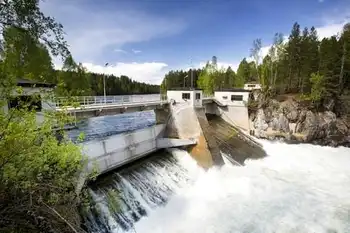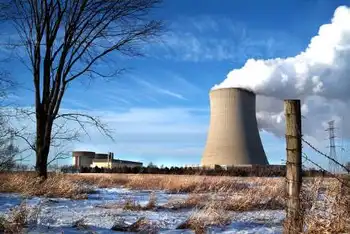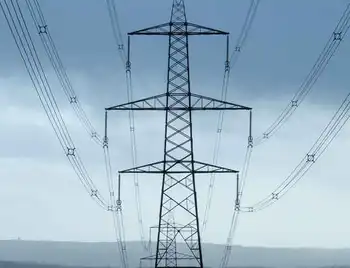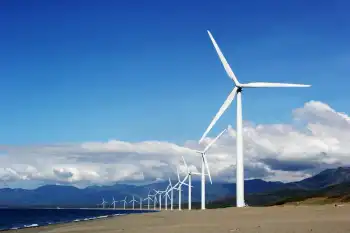Heat wave could boost winter natural-gas bills
TOLEDO, OHIO - The heat wave that has many consumers cranking up their air conditioning could also have a unwanted impact on winter heating bills.
Prices for natural gas for the upcoming winter have jumped significantly in recent days on the nation's commodities markets.
Those prices fluctuate and could come down. But experts said that, if the heat keeps up, some of the record amount of natural gas stored underground for use this winter could be used now by electric utilities that need it to generate power.
The U.S. Department of Energy reported last week that the supply of stored gas unexpectedly dipped by 7 billion cubic feet because of electric utilities using the fuel at stand-by plants to boost power output.
That caused prices on contracts for future gas delivery to rise, reversing a three-month trend of declining prices.
Typically, gas utilities have a 32-week period during which the fuel is stored by injecting it into the ground in Ohio, Illinois, and Michigan, but that changed, said Mike Welch, a spokesman for alternative gas supplier WPS Energy Services Inc., a Wisconsin utility.
"It's really a statistical oddity," he said. "That was the first withdrawal in July since 1994."
Still, he said, gas storage is in good shape, well above a five- year average. But the uncertainty is the weather the rest of the summer, and whether high temperatures will force more standby power plant use, further draining natural gas supplies.
By July 28, natural gas prices rose to $7.18 per million cubic feet, up 14 percent from the previous week, Mr. Welch said. On July 31 at mid-day, the price was $8.02.
Prices for December, January, and February delivery are running above last year's actual average price. But Mike Anderson, supply planning director for Columbia Gas of Ohio, said the projected prices for this winter are less than the projected price at this time last year.
"Gas storage is better than at any equivalent time in the past.... If we hit the fall and there's no more place for gas to go you would think prices have got to come down a little bit," he said.
"... If we hit the fall and there's no more place for gas to go you would think prices have got to come down a little bit," he said.
Through July 14, the energy department data reported that 1.525 billion cubic feet of gas has been placed in storage sites east of the Mississippi, or 22 percent higher than averages.
Greg Collins, president of Vectren Source, an alternative gas marketer that serves northwest Ohio, said the natural gas industry is full of reports suggesting current high prices are the result of speculators who have tied up supplies out of fear of that hurricanes could disrupt production.
"I don't know if I believe that," Mr. Collins said.
"You used to be able to predict where prices were going to go. But that model doesn't work much anymore."
Related News

Lawmakers question FERC licensing process for dams in West Virginia
WASHINGTON - As federal lawmakers plan to consider a bill that would expand Federal Energy Regulatory Commission (FERC) licensing authority, questions emerged on Tuesday about the process used by FERC to issue two hydropower licenses for existing dams in West Virginia.
In a letter to FERC Chairman Neil Chatterjee, Democratic leaders of the House Energy and Commerce Committee raised questions about hydropower licenses issued for two dams operated by the U.S. Army Corps of Engineers on the Monongahela River in West Virginia.
U.S. Reps. Frank Pallone Jr. (D-NJ), the ranking member of the Subcommittee on Energy, Bobby Rush (D-IL), the ranking member…




